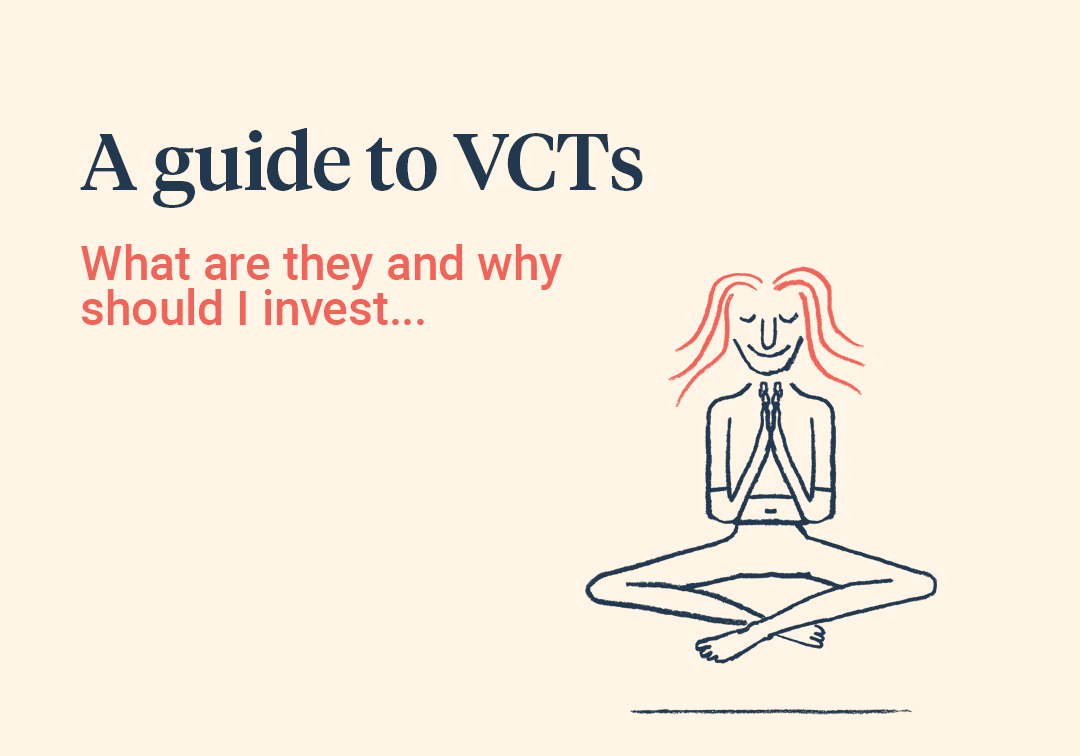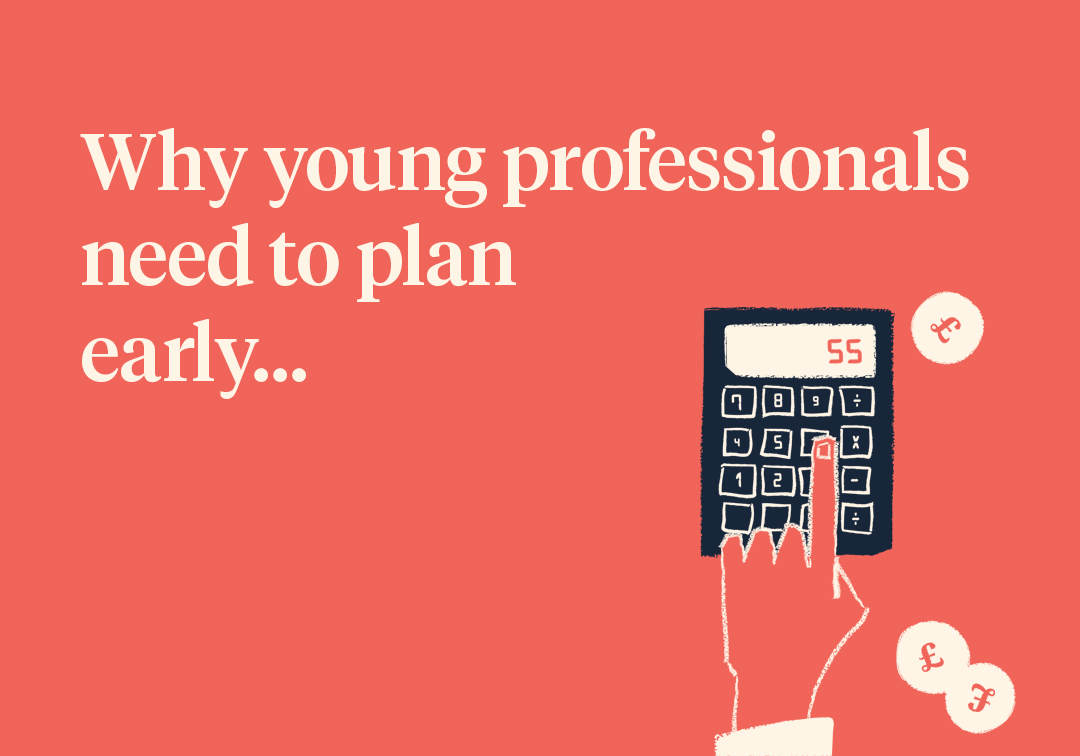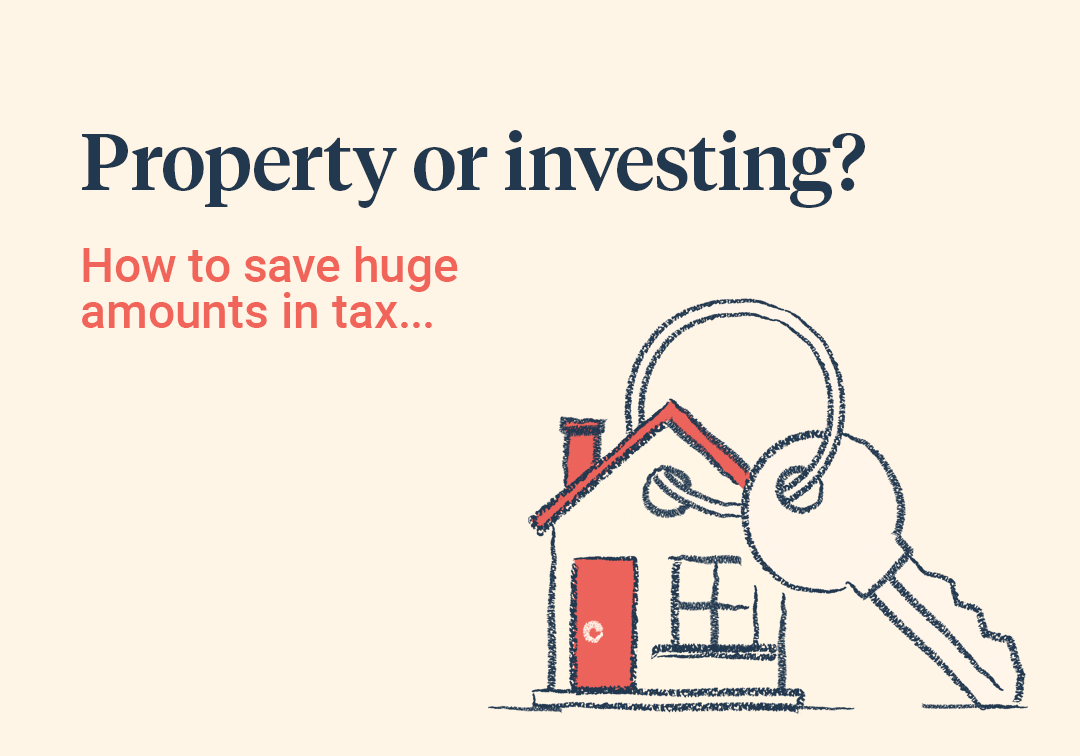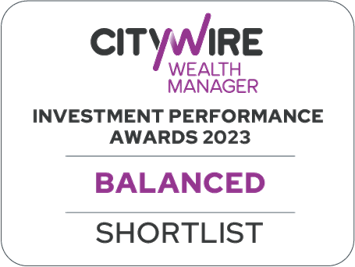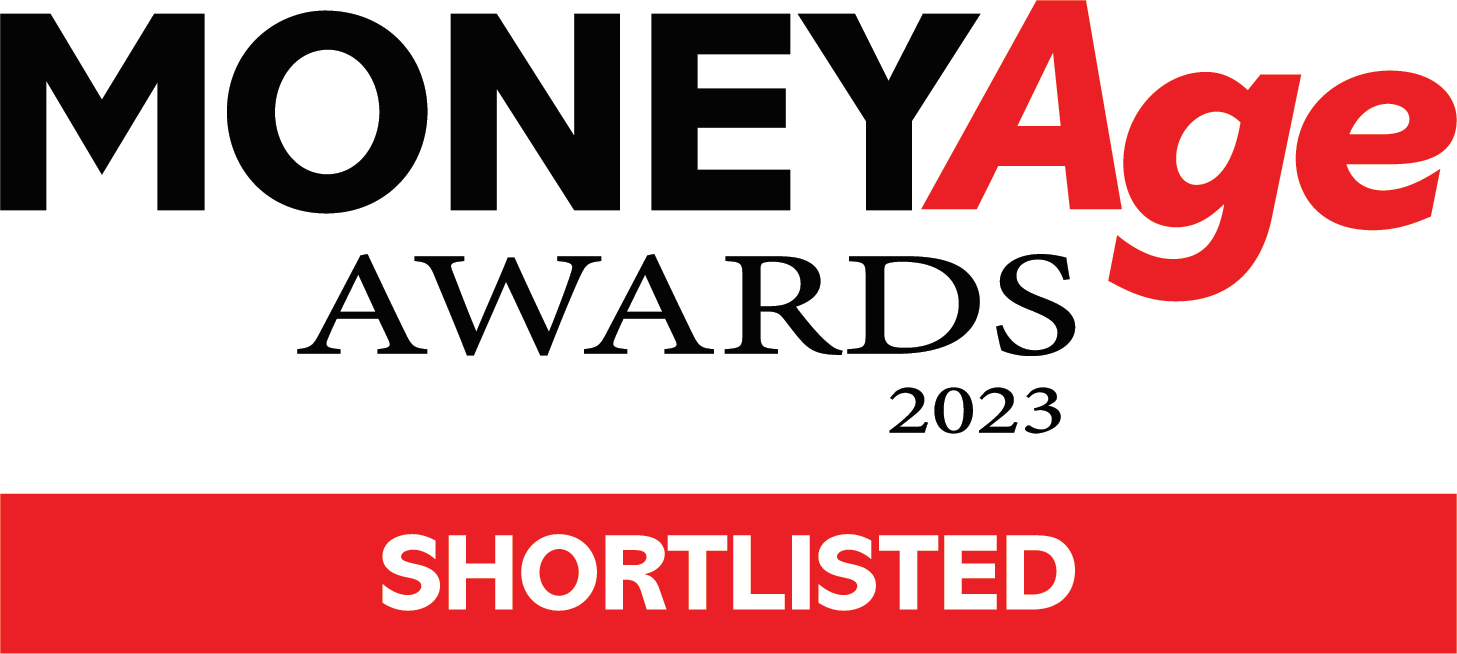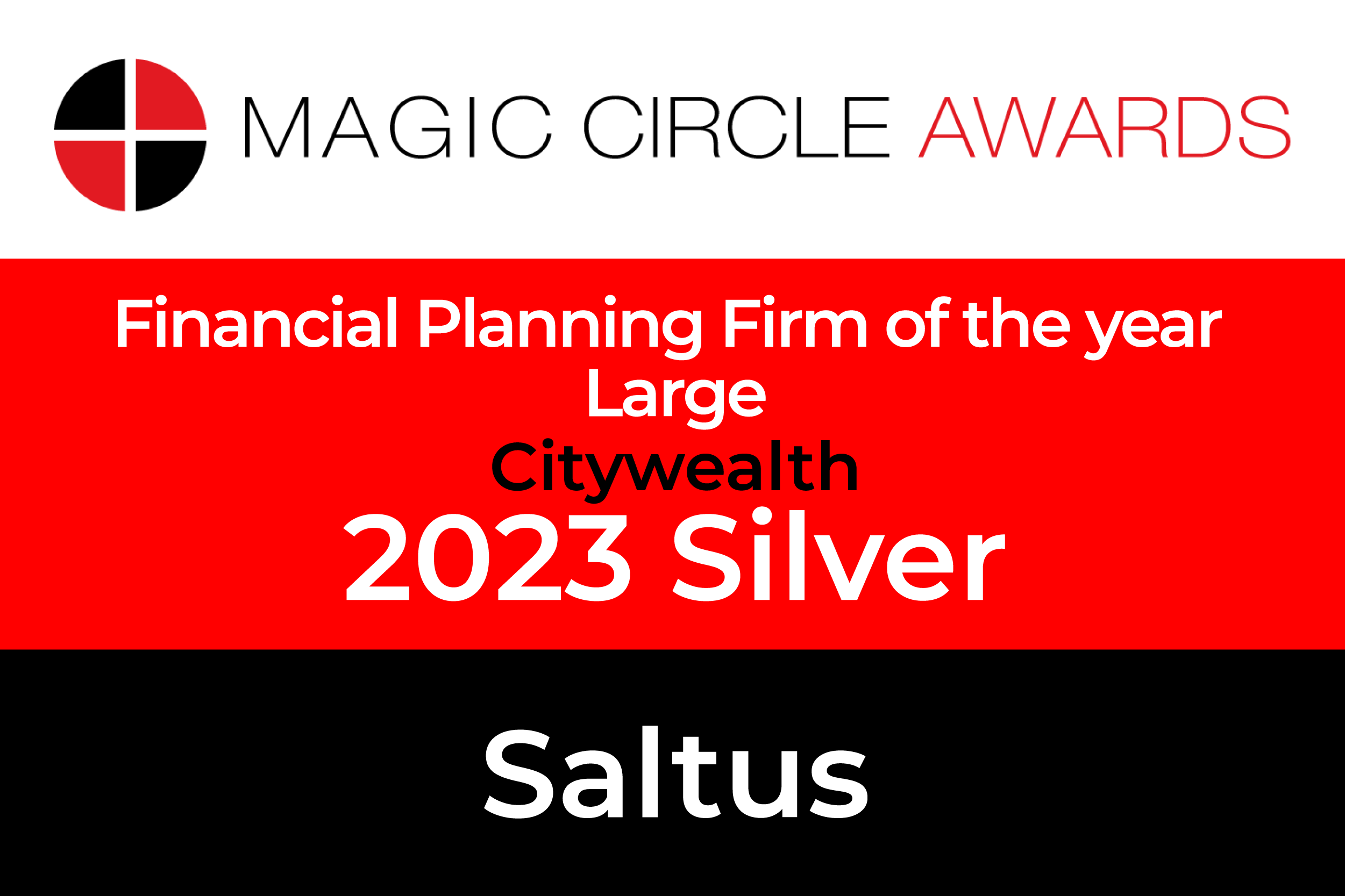Your home is not an asset or an effective pension pot!
30 March 2021
Your home may not be an asset. In fact, it could be your largest liability and it is, certainly, the least effective pension pot you could imagine. This may sound controversial but bear with me.
There’s a great book called ‘Rich dad, poor dad’ written by author and businessman Robert Kiyosaki, who has a net worth of around $80 million. In his book, Robert explores the differences between the ultra-wealthy and the middle-class. He identifies that the wealthy tend to take the income they generate and use it to acquire assets that will then fund their liabilities. In contrast, the middle-class throw our income straight into an ever-increasing amount of liability, like a mortgage or a car loan. This leaves us stuck on a continuous cycle of working for income to ensure our liabilities continue to be met.
Do you need help with your retirement planning?
Our specialists can help you prepare for retirement and provide ongoing advice once retirement has arrived. Get in touch to discuss how we can help you.

Assets vs liabilities
Robert defines assets and liabilities in a wonderfully simple way. An asset is ‘something that puts money into your pocket’ and liabilities are ‘things that take money out of your pocket’. On that basis, our primary residence is probably the most significant liability we have! If you consider this carefully, we are constantly directing money towards our homes: paying off the mortgage, buying furniture, fixing the boiler, maintaining the garden, and refreshing the paintwork, for example. You name it – it’s a never-ending cycle of overheads. These constant expenses mean our homes are a far cry from putting money into our pockets.
Of course, there will be some level of capital appreciation when it comes to our primary residence. Although, it’s worth noting this will probably be lower than we’ve seen historically, given how depressed interest rates are. Indeed, should they begin to rise again (which many predict), capital appreciation could stagnate entirely. However, that’s not really the point I want you to grasp onto.
Your house is not your pension
My primary angst is when I hear: “I don’t need to worry about my pension, my pension is my house.” or “My only focus is the mortgage.”
Let’s break that down: Imagine that a house worth £750,000 is your pension pot. If your only plan is to downsize, you have to sell the house and buy another. The new house may be around £500,000. Most clients I speak with want to at least live somewhere reasonable, even if it will be a significant downgrade. Not only that, but you still have to pay for the upkeep of the new house.
This would mean that you can only access one-third of your pension pot (£250,000), on top of needing to then pay into the pot continuously. Not a very attractive proposition.
To make matters worse, when it comes to it, a lot of people don’t want to move. They have a strong connection with the house they’ve always lived in and, when it’s time to take the leap, they simply don’t want to change.
I’m certainly not saying that homeownership is a bad thing or that you can’t make money out of your home because, of course, to a certain extent, you can. What I am saying is that your home must form part of a wider plan. It is something to aim for alongside savings and investments for retirement, not to replace them.
How much do you need to retire and more…
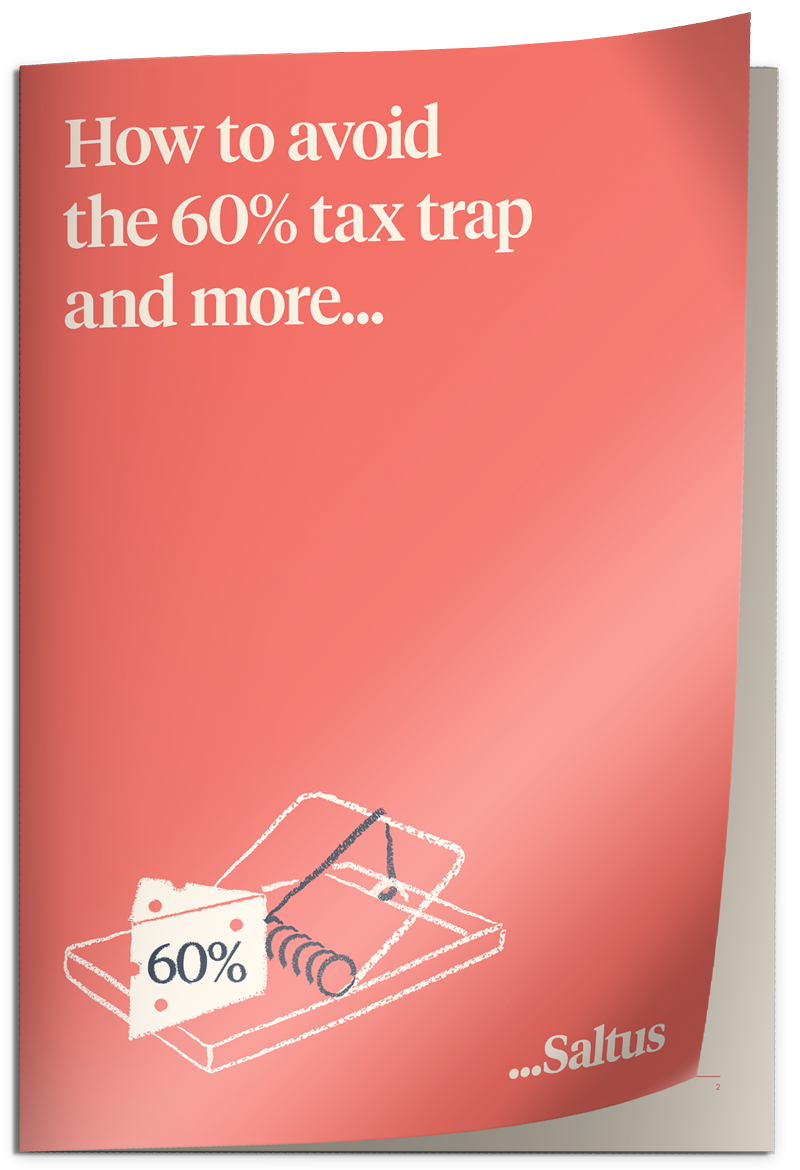
How much income do you need to be comfortable, how much do you need invested and how to pay less tax...
When you think about it like this, your home may not be such a great asset after all. So, please stop treating your house like a pension pot and you’ll be far wealthier as a result!
Do you need help with your retirement planning?
Our specialists can help you prepare for retirement and provide ongoing advice once retirement has arrived. Get in touch to discuss how we can help you.

Article sources
Editorial policy
All authors have considerable industry expertise and specific knowledge on any given topic. All pieces are reviewed by an additional qualified financial specialist to ensure objectivity and accuracy to the best of our ability. All reviewer’s qualifications are from leading industry bodies. Where possible we use primary sources to support our work. These can include white papers, government sources and data, original reports and interviews or articles from other industry experts. We also reference research from other reputable financial planning and investment management firms where appropriate.
Saltus Financial Planning Ltd is authorised and regulated by the Financial Conduct Authority. Information is correct to the best of our understanding as at the date of publication. Nothing within this content is intended as, or can be relied upon, as financial advice. Capital is at risk. You may get back less than you invested. Tax rules may change and the value of tax reliefs depends on your individual circumstances.
About Saltus?
Find out more about our award-winning wealth management services…
Winner
Best Financial Advisers to Work For
Finalist
Investment Performance: Balanced Portfolios
Finalist
Financial Planning Firm of the Year: Small to Medium Firm
Winner - Silver
Financial Planning Firm of the Year (Large)
£4.4bn+
assets under management
20
years working with clients
200+
employees
98%
client retention rate
